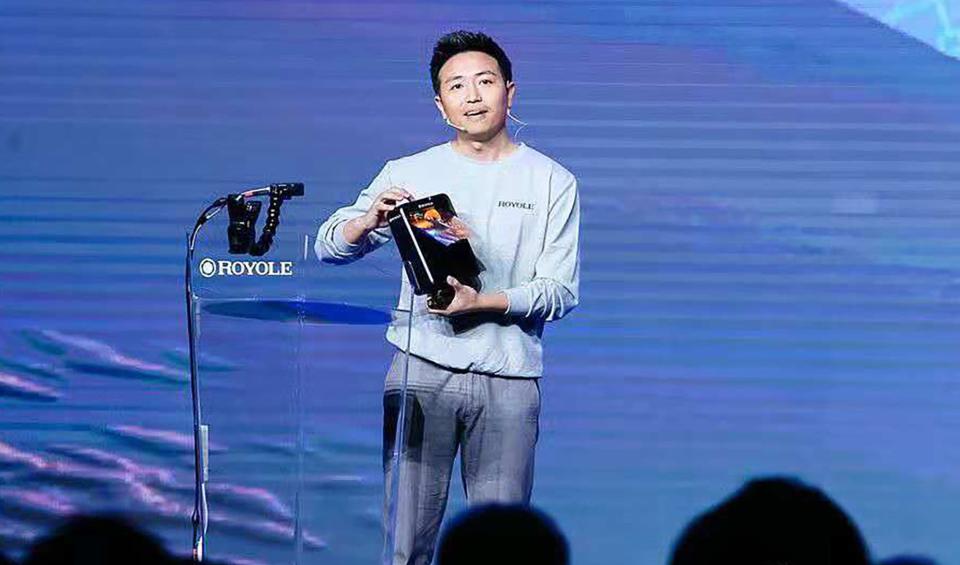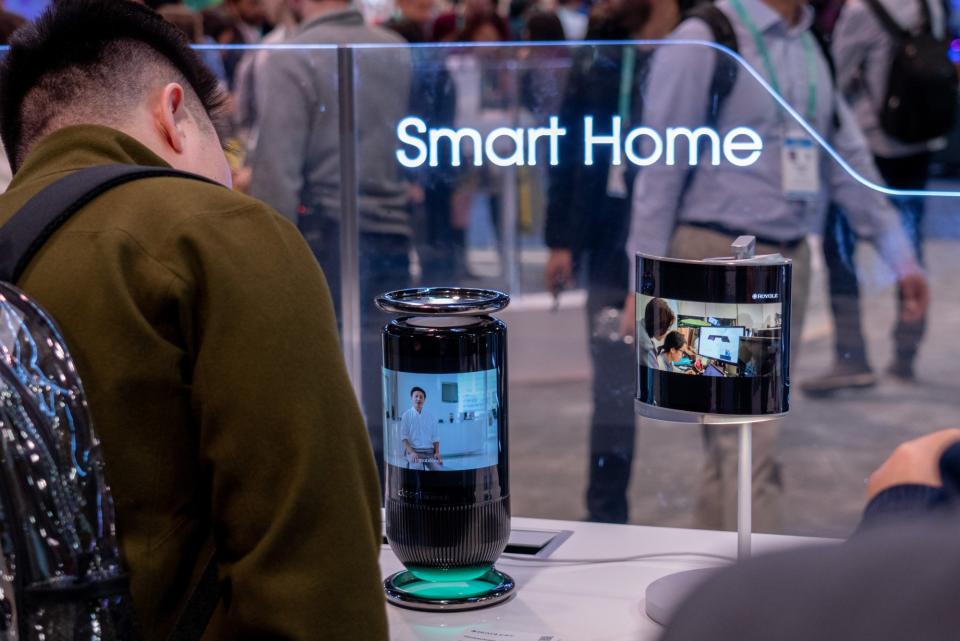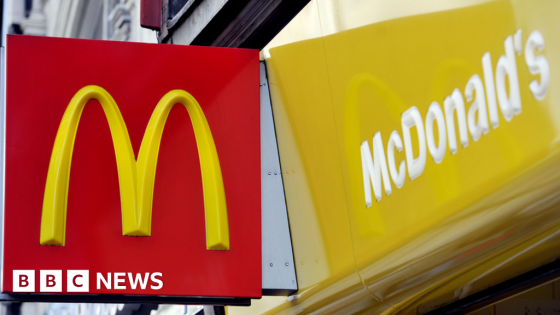Huawei Technologies, the world’s largest telecommunications equipment vendor, has denied it had any plan to invest in Royole Corp, the former high-flying Chinese start-up that rose to fame in 2018 for launching the industry’s first foldable smartphone ahead of Samsung Electronics.
That denial was issued on Monday in response to a WeChat post, which went viral on Sunday across Chinese social media, by former Royole independent director Liu Shuwei, who serves as director of the China Enterprise Research Centre at the Central University of Finance and Economics in Beijing.
The post stated that Huawei had proposed investing in Royole during its early days to secure exclusive supply of its flexible screens. Royole rejected this offer, according to Liu.
Do you have questions about the biggest topics and trends from around the world? Get the answers with SCMP Knowledge, our new platform of curated content with explainers, FAQs, analyses and infographics brought to you by our award-winning team.
“Huawei has no such investment plans and has not initiated any investment requests,” the Shenzhen-based telecoms gear and smartphone maker said.

Royole Corp founder, chairman and chief executive Bill Liu Zihong unveils FlexPai, the world’s first foldable smartphone, in Beijing on October 31, 2018. Photo: Handout alt=Royole Corp founder, chairman and chief executive Bill Liu Zihong unveils FlexPai, the world’s first foldable smartphone, in Beijing on October 31, 2018. Photo: Handout>
Huawei’s concise counterstatement marks the latest dent on the reputation of flexible display maker Royole, which was valued at more than US$6 billion at its peak when the firm’s big-name backers included Shenzhen Capital Group, IDG Capital and Green Pine Capital Partners.
That comes after Royole’s creditors on May 15 succeeded in their bankruptcy petition to a Shenzhen court. According to a recently released court document, Royole’s inaugural creditors’ meeting has been set for September.
Royole was founded in 2012 by Bill Liu Zihong, an electrical engineering graduate of Tsinghua University who also received a PhD from Stanford University. His idea for an innovation came to him while lounging on the Stanford lawn as an electrical engineering student: a flexible display that could be tucked away like a pen.
Headquartered in Shenzhen, Royole positioned itself as an innovator in flexible display technology that would rival the likes of Samsung as well as Chinese firms BOE Technology Group and TCL. The company made headlines in 2018 with FlexPai, the industry’s first foldable smartphone, and in 2014 with the world’s thinnest full-colour flexible display.


Royole exhibits its smart home speaker with a flexible display at the CES trade show in January 2020. Photo: Shutterstock alt=Royole exhibits its smart home speaker with a flexible display at the CES trade show in January 2020. Photo: Shutterstock>
The company touted various applications for its flexible screen technology including for smart home gadgets, smart writing pads, wearable displays, 3D mobile theaters and even for car infotainment systems.
While it attracted deep-pocketed investors, Royole’s strategy was flawed, according to analysts. “It is challenging to commercialise [a product like a smartphone] based solely on screen technology,” said Amber Liu, research manager at Canalys. “The success of a mobile phone product depends on numerous factors, including software and hardware development, market branding strategies and other new technologies.”
From 2019 to 2021, Royole tried but failed to go public in the United States and later in Shanghai‘s Nasdaq-style Star Market. Reports later surfaced about Royole’s funding crisis after it failed to complete a US$22 billion initial public offering (IPO) in Shanghai in early 2021.
According to the firm’s IPO prospectus, it suffered a 961 million yuan (US$133 million) loss in the first half of 2020. It also posted losses of 1.1 billion yuan in 2019 and 802 million yuan in 2018.
While Royole fell short of its ambitions, the global market for foldable smartphones has grown significantly. This market is expected to see shipments of 20.6 million foldable smartphones in 2024, up from 15.5 million units in 2023, according to data from research firm Canalys.
This article originally appeared in the South China Morning Post (SCMP), the most authoritative voice reporting on China and Asia for more than a century. For more SCMP stories, please explore the SCMP app or visit the SCMP’s Facebook and Twitter pages. Copyright © 2024 South China Morning Post Publishers Ltd. All rights reserved.
Copyright (c) 2024. South China Morning Post Publishers Ltd. All rights reserved.
Source Agencies



